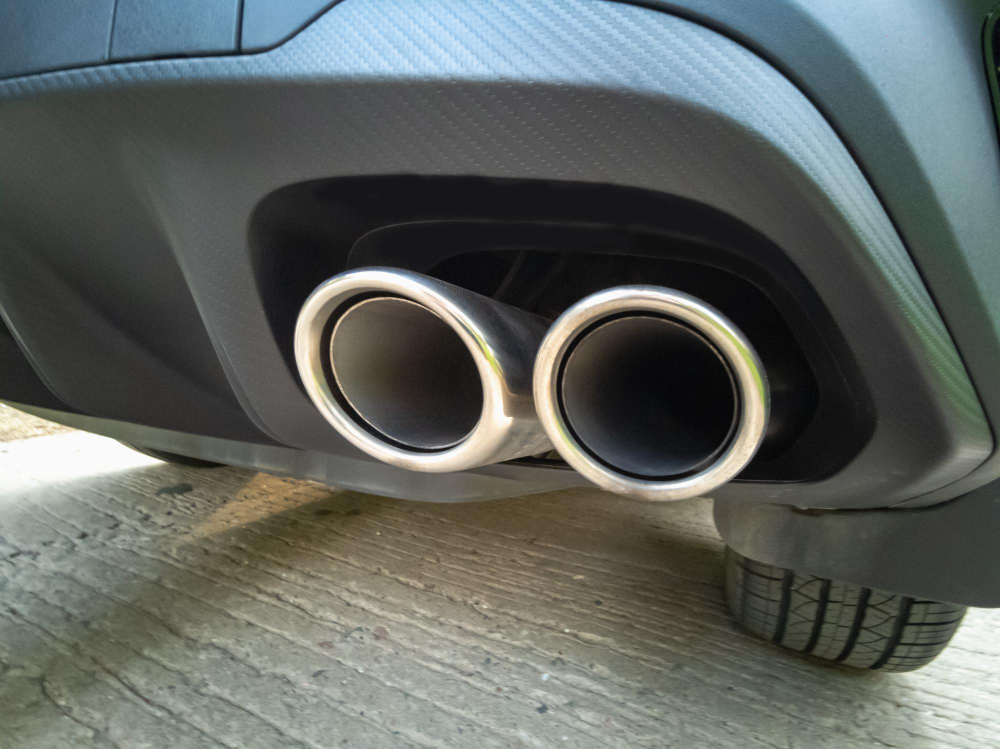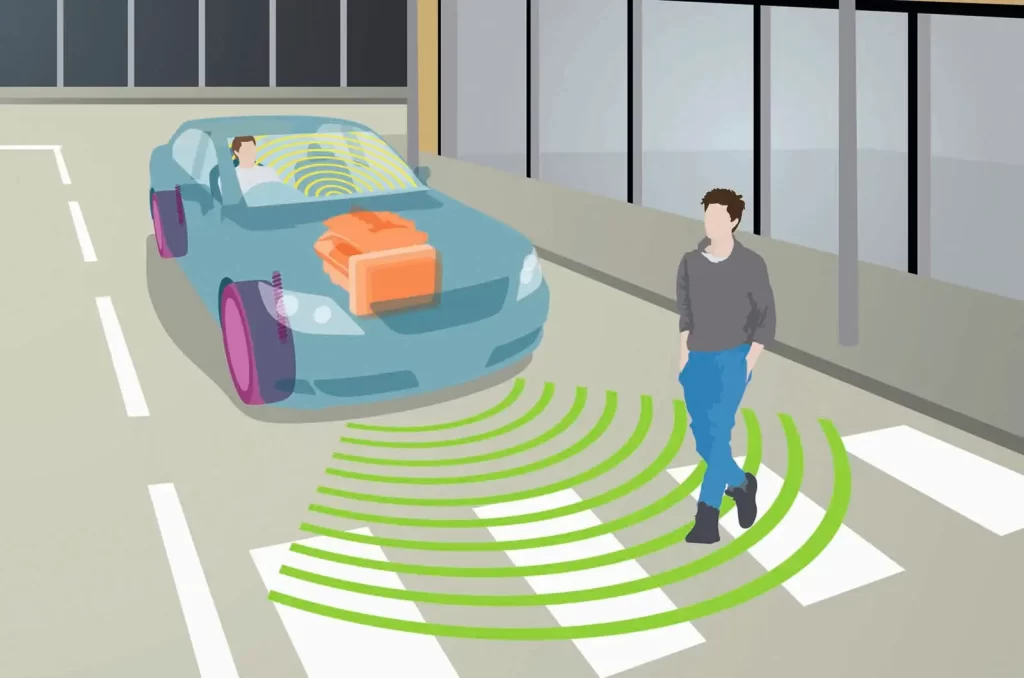The automotive industry is experiencing a revolutionary shift towards greener, more sustainable transportation solutions. Amidst this transformation, one question often arises: Do electric cars have exhausts?
As electric vehicles (EVs) continue to gain popularity, it’s essential to understand the fundamental differences in their design and operation compared to conventional internal combustion engine vehicles.
In this article, we will explore the inner workings of electric cars and the role of the electric motor, shedding light on the revolutionary environmental benefits they offer. Join us on this journey to understand the true environmental impact of electric vehicles!
What is an Exhaust?

Before we go into the details of electric cars, let’s first understand what exhaust is. An exhaust system is essential to traditional vehicles with internal combustion engines, such as gasoline and diesel-powered cars. It has a set of pipes and parts that carry the emissions produced when the engine burns fuel away from the car and releases them into the air.
What is The Main Purpose of an Exhaust?

The primary purpose of an exhaust system in gas-powered vehicles is effectively expel harmful by-products of combustion, including carbon dioxide (CO2), nitrogen oxides (NOx), particulate matter, and various pollutants.
Unfortunately, the emissions discharged through the exhaust pipes significantly contribute to air pollution and greenhouse gas emissions, exacerbating climate change and leading to adverse health effects.
Do Electric Cars Have Exhausts?

Electric vehicles operate on an entirely distinct mechanism in comparison to traditional cars. Powered by electric motors and relying on energy stored in batteries, electric vehicles do not necessitate a conventional exhaust system like their gasoline or diesel counterparts.
Consequently, the straightforward answer is: no; electric vehicles do not possess a typical exhaust system found in vehicles utilizing typical liquid fuel components.
Do Electric Cars Have an Exhaust Pipe?

Due to the distinct emission characteristics of electric vehicles compared to internal combustion engine vehicles, there is no requirement for exhaust pipes to release harmful exhaust gases. Instead, EVs generate zero tailpipe emissions, making them environmentally friendly and contributing significantly to achieving cleaner air quality.
Do Electric Vehicles Have Mufflers?

Mufflers are another component of traditional exhaust systems that reduce the noise produced during the engine’s operation. However, electric cars operate more quietly than conventional vehicles due to the absence of a combustion engine. As a result, they don’t require mufflers.
How Do Electric Cars Alert Pedestrians?

An issue that arises with battery electric vehicles (BEVs) is their quiet operation, which may pose a risk to pedestrians who rely on auditory cues to detect approaching vehicles.
To address this safety concern, BEVs are equipped with artificial sound systems known as “acoustic vehicle alerting systems” (AVAS). These systems produce sound to notify pedestrians of the presence of the vehicle, enhancing their safety, particularly in urban environments.
TAVAS has become increasingly important as more people consider second-hand electric vehicles for sale in Violet Town and other cities, ensuring a safer and harmonious integration of electric cars into our daily lives.
Frequently Asked Questions
Why do electric cars have exhaust pipes if they don’t produce emissions?
Electric cars do not have exhaust pipes. The misconception might arise due to the presence of certain parts that resemble exhaust pipes in some electric vehicles. These are often heat exchangers or components related to the battery cooling system and are not used for releasing emissions.
What comes out of the exhaust of an electric car?
Nothing comes out of the exhaust of an electric car because they don’t produce any emissions. The absence of tailpipe emissions is one of the significant advantages of electric vehicles, as it reduces their environmental impact.
Can you replace the exhaust on an electric car to make it louder?
Since electric cars don’t have exhaust systems, there is nothing to replace them to make them louder. However, some electric car enthusiasts install external sound systems to customize the sound of their vehicles. Still, these systems are for aesthetics and not to simulate engine noise.
Conclusion
Electric cars stand apart from traditional gasoline or diesel vehicles. So, the question arises: do electric cars have exhausts? The answer is no. They do not require exhausts or exhaust pipes. Their unique operation relies on electric motors and batteries for power.
This absence of exhaust systems is one of the key benefits of EVs, making them environmentally friendly since they emit no harmful pollutants during operation. With this advantage, electric vehicles are vital in reducing air pollution and promoting a greener, more sustainable future.
As the demand for sustainable transportation grows, more people are considering second-hand electric vehicles for sale in Indigo Valley and other regions, further contributing to the positive impact of EVs on our environment.






